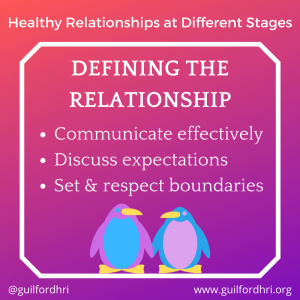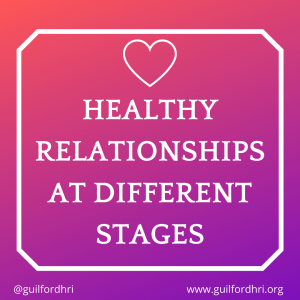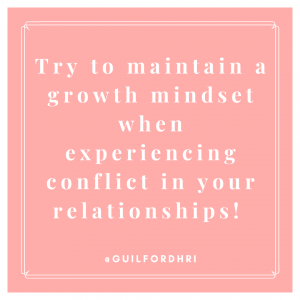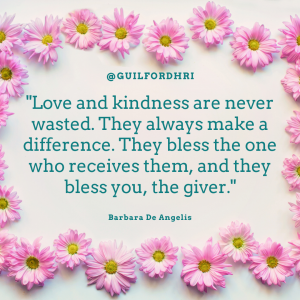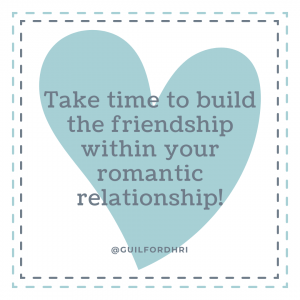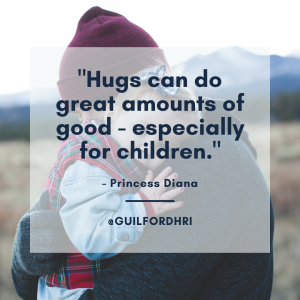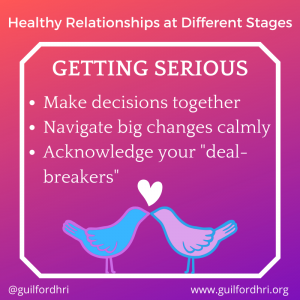
There comes a point in committed relationships where partners begin to consider their future as a couple. Often referred to as “getting serious,” this can be a period full of exciting firsts! Maybe this is when the first “I love you” is exchanged, or when you first meet each other’s families. This is also when partners begin making big decisions together. Communication is very important here! Things like navigating holiday schedules or traveling together for the first time bring new challenges to the relationship. We may be challenged to show parts of our lives or personalities to our partners that we haven’t before–how does the relationship dynamic hold up when not in “date mode?” Consideration for our partner may also begin to impact the decisions we make for ourselves. Do we take that promotion in a new city or move into that apartment across town when it might affect the relationship? Suddenly,decisions are a process between more than one person!
This is also a time to bring up big issues. Sometimes called “deal-breakers,” these are the things that are non-negotiable for you in a relationship. It’s important to see if you and your partner are on the same page about how you want your lives to look. Maybe one of you really wants kids, and the other really doesn’t. Maybe your political views differ on an issue that makes up a big part of your ethics or identity. As the relationship and your feelings grow more serious, it’s good to get these topics out in the open and determine if you and your partner are compatible. These can be uncomfortable discussions, but it is important to acknowledge, to both yourself and your partner, what you are unwilling to compromise on. Healthy relationships are not about changing each other or putting aside our goals and values. Rather, they are about sharing our life with someone who complements those goals and values. It’s best to determine if that compatibility is there before any major commitments are made.

